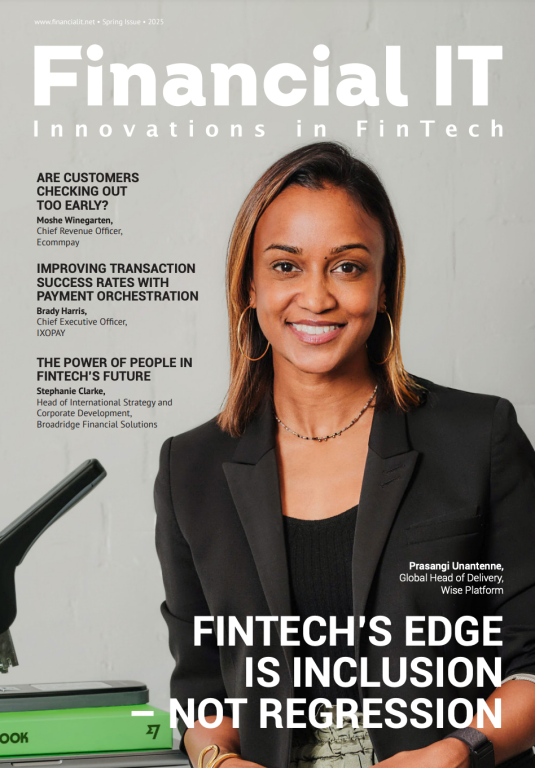Tokenization: Transforming the Future of Asset Ownership

- Jacques Potts, Senior Marketing Manager at Ledgible
- 22.06.2023 02:30 pm #asset #tokenization
In today's digital age, tokenization has emerged as a groundbreaking concept, revolutionizing the way we perceive assets. Tokenization involves representing tangible or intangible assets in digital form using tokens. These tokens can be securely traded on a blockchain network, allowing assets such as real estate, intellectual property, or even artwork to be easily bought, sold, and shared.
Understanding the Mechanics of Tokenization
Tokenization operates by creating a digital representation, or token, for each asset. These tokens are then stored on a blockchain network, which guarantees their uniqueness and eliminates the possibility of counterfeiting. By leveraging blockchain technology, tokenization ensures transparency, security, and immutability for digital assets.
Unlocking the Benefits of Tokenization
The advantages of tokenization are far-reaching and hold great promise for both investors and businesses:
- Enhanced Liquidity: Tokenized assets facilitate seamless trading, as they can be easily bought and sold on a blockchain network. This heightened liquidity opens up new opportunities for investors to access and diversify their portfolios more efficiently.
- Reduced Costs: By leveraging blockchain technology, tokenization eliminates the need for intermediaries such as banks or brokers. This streamlined process not only minimizes transactional costs but also enables fractional ownership, making high-value assets more accessible to a wider range of investors.
- Transparency Unveiled: Tokenized assets offer unprecedented transparency compared to traditional assets. The blockchain network serves as a public ledger, allowing anyone to view and track the transactions associated with a particular asset. This transparency builds trust and confidence among investors, reducing the risk of fraud or manipulation.
- Fortified Security: Traditional assets can be vulnerable to theft, fraud, or loss. In contrast, tokenized assets benefit from the robust security measures inherent in blockchain technology. Decentralization, cryptographic protocols, and smart contracts safeguard the ownership and integrity of assets, enhancing security and mitigating risks.
Navigating the Challenges
While the potential of tokenization is immense, it is important to address the challenges it currently faces:
- Regulatory Uncertainty: As tokenization continues to evolve, regulatory frameworks struggle to keep pace. The rapidly evolving landscape can create compliance challenges for businesses and uncertainty for investors. However, as governments and regulatory bodies recognize the potential of tokenization, we can expect clearer guidelines and frameworks to emerge.
- Technical Complexity: Implementing tokenization solutions can be technically intricate, particularly for businesses venturing into this space for the first time. Overcoming this challenge requires collaboration with experienced blockchain developers and experts who can navigate the complexities and ensure seamless integration.
- Scalability Concerns: Blockchain networks, although robust, are not immune to scalability issues. As the demand for tokenized assets grows, blockchain networks must adapt to handle increased transaction volumes efficiently. Ongoing advancements, such as layer 2 solutions and sharding, are addressing scalability concerns and paving the way for widespread adoption.
The Promising Future of Tokenization
The future of tokenization is exceptionally bright, with its potential to transform the landscape of asset ownership. As the technology matures, we anticipate the following developments:
- Democratized Access: Tokenization will democratize access to traditionally illiquid assets, enabling a wider range of investors to participate in opportunities previously limited to a privileged few. This inclusivity has the potential to reshape wealth distribution and foster financial empowerment.
- Disrupted Asset Classes: Tokenization will extend beyond conventional assets, facilitating the creation of entirely new asset classes. From intellectual property and patents to carbon credits and loyalty points, the possibilities are limitless. This expansion will unlock previously untapped value and liquidity in various sectors.
- Interoperability and Standardization: Efforts to establish interoperability and industry standards will enhance the efficiency and compatibility of tokenized assets across different blockchain networks. This harmonization will facilitate seamless asset transfer and foster cross-platform liquidity, bolstering the growth of the tokenization ecosystem.
- Global Financial Inclusion: Tokenization holds immense potential for bridging the gap between the banked and unbanked populations worldwide. By providing access to digital assets and decentralized financial services, tokenization can empower individuals who have historically been excluded from traditional economic systems.
Tokenization represents a paradigm shift in how we perceive and interact with assets. While still in its early stages, this transformative technology has the potential to revolutionize finance, ushering in a new era of increased liquidity, reduced costs, transparency, and enhanced security. As the regulatory landscape matures and technical complexities are addressed, we can expect tokenization to reshape the future of asset ownership, empowering individuals and businesses alike.




















